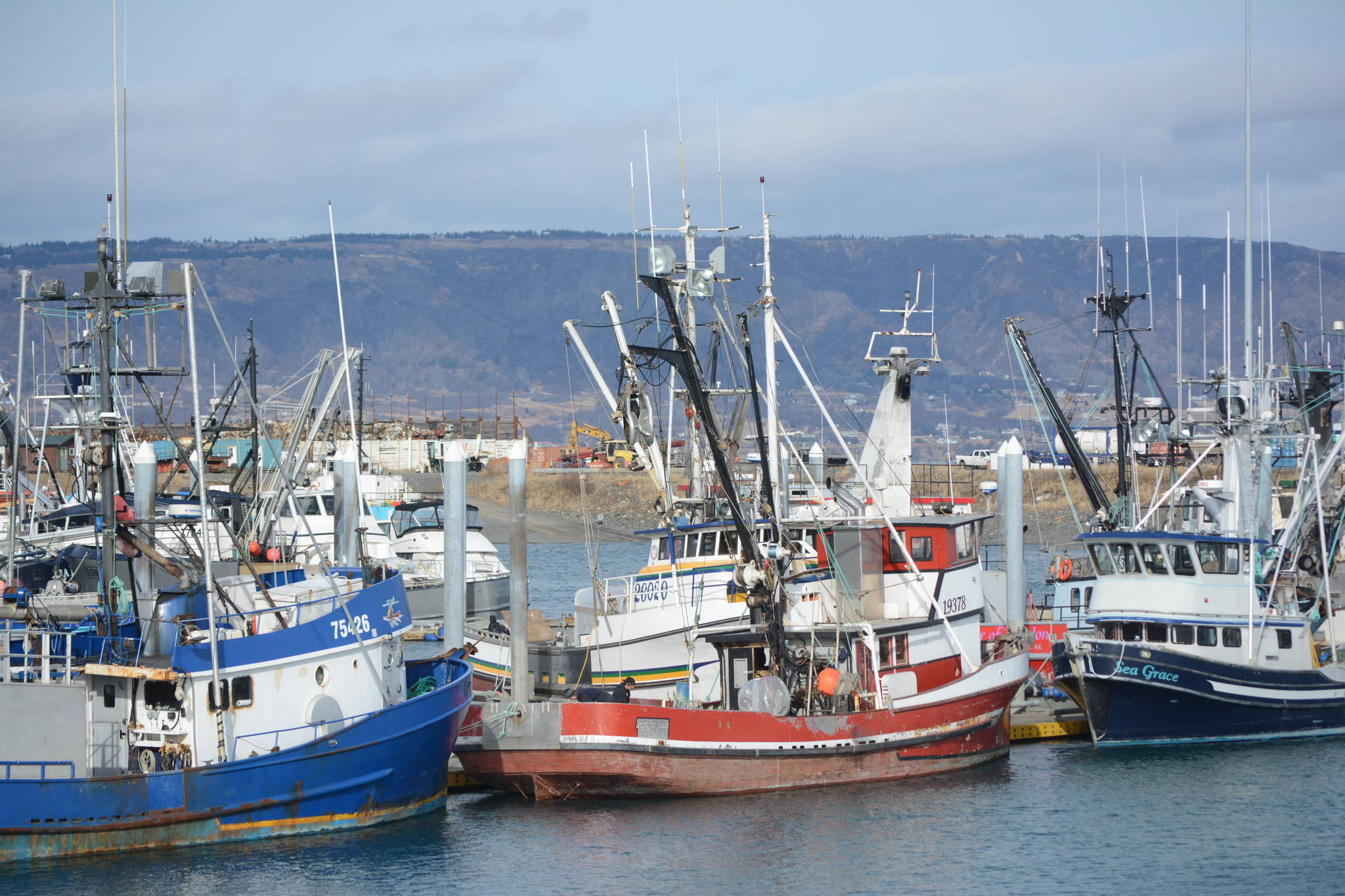Value-added seafood is experiencing a surge as convenience takes priority over cost, although not everyone agrees what makes a product value-added.
Supermarket Perimeter reports that several companies are increasing their offerings, including some restaurant-quality items.
Bensenville, Illinois-based Fortune Fish & Gourmet defines value-added seafood as raw product that has been enhanced with a seasoning, breading, marinade or stuffing to help make consumer meal preparation easier, said Stacy Schultz, the company’s director of marketing and sustainability coordinator.
“We carry a wide variety of products including but not limited to seafood burgers, crab cakes, seasoned, breaded and marinated portions, kabobs and seafood wellington,” Schultz said. “This category continues to expand due to consumer demand — people having less time for meal preparation or looking for convenience.”
Fortune Imports, a Fortune Fish sister company, recently launched a line of restaurant quality seafood entrees that are ready-to-bake and come in a convenient oven safe tray. Merchandised in deli cases and now available nationwide, the products are made from premium ingredients, Schultz said.
As October, National Seafood Month, comes to a close, Schultz offered retailers a number of ways to promote value-added seafood, including two-for-one specials that encourage consumers to try different varieties, and pricing items at $9.99.
Seattle-based Trident Seafoods Corp. defines value-added seafood as “seafood that has been processed in a form or fashion that makes it easier for the retailer and/or consumer to prepare,” said John Salle, the company’s senior vice president of marketing and innovation.
It could be as simple as cutting a fillet vs. having to fillet the whole fish. Or cutting a portion from a fillet, or seasoning or crusting that cut. Taking it one step further, the portion could also be sold fully cooked, he said.
“Making seafood that takes the guesswork out of preparation is convenient and ensures consistency of cooking and flavor are paramount to category success and growth,” Salle added.
Trident and other Alaska processors offer a wide variety of wild Alaska value-added products including fillets of cod, sockeye, halibut, Alaska pollock and king and snow crab.
Trident’s latest innovation, noodles made from pollock which are high in protein, swept the awards in the Alaska Symphony of Seafoods competition last year, and are available at Costco.
Meanwhile, entrepreneurs and scientists are developing plant- and cell-based fish substitutes that offer similar health benefits but without bones and offal, according to ChinaDaily.com.
Plant-based fish products seek to offer the taste and texture of fish with none of what some see as the environmental risks, they report.
Good Catch, a privately held company based in Newtown, Pennsylvania, recently secured about $18.7 million in venture capital to develop a plant-based substitute for tuna.
Analysts at Barclays believe the market for plant-based meat substitutes could grow by 1,000 percent in the next 10 years to $140 billion in annual sales. The nascent plant-based fish sector could be a follow-on to Beyond Meat’s successful IPO that in May rose 163 percent from the offering price of $25 a share on the first day of trading and recently fetched $131.39, down from an early high of $239.71.
“Plant-based diets offer all the necessary protein, fats, carbohydrates, vitamins and minerals for optimal health and are often higher in fiber,” Harvard University Medical School said in a research report. “Vegetarian diets have also been shown to support health, including a lower risk of developing coronary heart disease, high blood pressure and diabetes.”
While Alaska fisheries are known world-wide for their sustainability and responsible management, some species such as bluefin tuna are critically endangered and still caught commercially in some places.
Not everyone is on board with the idea of plant-based “fish.” The National Fisheries Institute, a trade group in McLean, Virginia, punched back by noting, “Vegan fish is not fish.”
“No matter how artfully prepared, mashed up beans are still mashed up beans,” the trade group said. “Comparing them to fish and calling them plant-based seafood or vegan fish is nutritional malpractice.”
Cristy Fry can be reached at realist468@gmail.com



